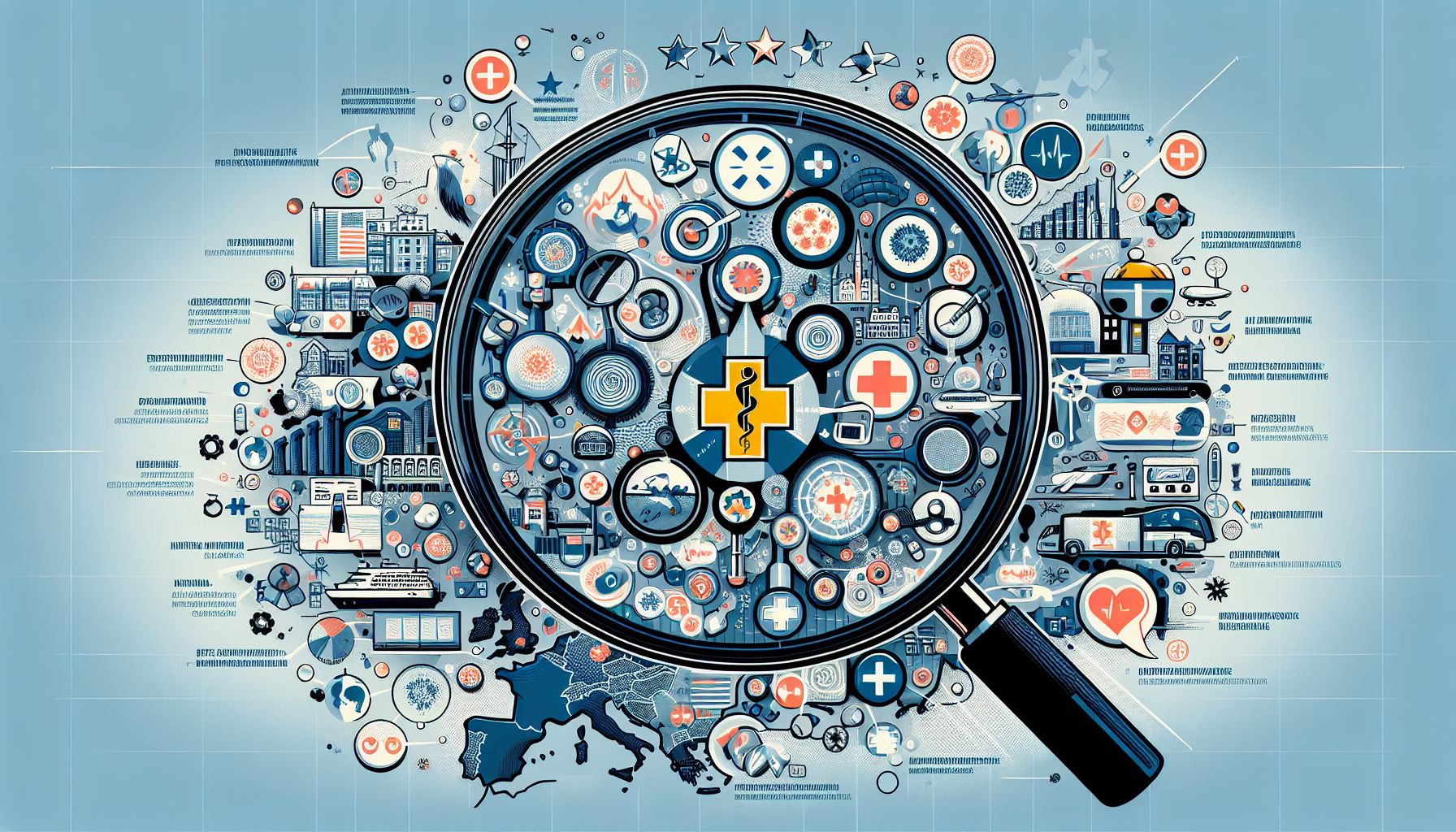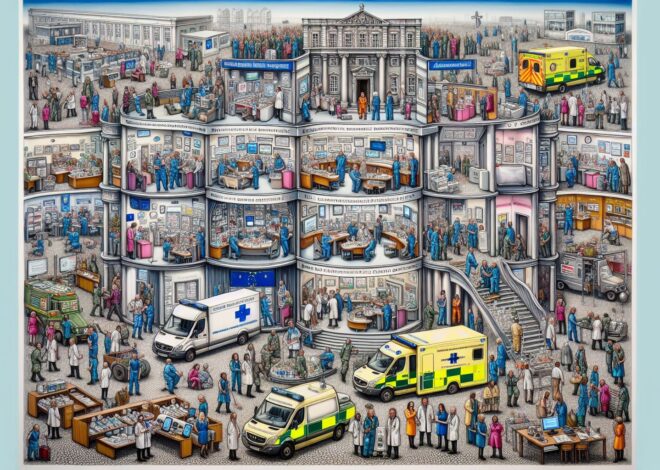
The Preparedness and Response of European Health Systems: A Critical Analysis
European health systems have been put to the test like never before in recent times. The global COVID-19 pandemic has highlighted both the strengths and weaknesses of these systems in terms of preparedness and response. In this blog post, we will delve into the key aspects that health professionals, policymakers, and concerned citizens need to consider in order to better understand and improve the readiness of European health systems in the face of future challenges.
Preparedness
Preparedness is a key component of any effective health system. It involves having the necessary infrastructure, equipment, supplies, and personnel in place to respond swiftly and effectively to emergencies and outbreaks. In the case of European health systems, many countries were found wanting in terms of their preparedness for a pandemic of the magnitude of COVID-19.
One of the major challenges that European health systems faced in terms of preparedness was a lack of coordination and communication between different healthcare providers, both within and across countries. This led to delays in sharing crucial information and resources, hampering the overall response to the pandemic.
Another issue that came to light was the insufficient capacity of healthcare facilities to deal with a surge in patients. Many European countries found themselves overwhelmed by the sheer number of COVID-19 cases, leading to shortages of hospital beds, ventilators, and other critical resources.
Response
The response of European health systems to the COVID-19 pandemic varied greatly from country to country. Some nations were able to swiftly implement effective measures such as widespread testing, contact tracing, and quarantine protocols, which helped to curb the spread of the virus and save lives.
However, other countries struggled to mount an effective response, due to a lack of preparedness, inadequate healthcare infrastructure, and slow decision-making at the policy level. This resulted in higher death tolls, overwhelmed hospitals, and prolonged lockdowns that had a devastating impact on the economy and society as a whole.
Moving forward, it is imperative that European health systems learn from the shortcomings of their response to the COVID-19 pandemic and take steps to strengthen their readiness for future health crises. This includes investing in robust surveillance and early warning systems, enhancing the capacity of healthcare facilities, and improving coordination and collaboration between different stakeholders.
Recommendations for Action
Health professionals, policymakers, and concerned citizens all have a role to play in improving the preparedness and response of European health systems. Health professionals can advocate for better resource allocation and training, policymakers can enact legislation to strengthen healthcare infrastructure and governance, and concerned citizens can support public health initiatives and adhere to recommended guidelines during emergencies.
By working together towards a common goal of enhancing the resilience of European health systems, we can better protect the health and well-being of our communities in the face of future challenges. It is through a collective effort that we can build a stronger, more responsive healthcare system that is better equipped to safeguard our future.
In conclusion, the COVID-19 pandemic has underscored the critical importance of preparedness and response in European health systems. By addressing the gaps and shortcomings that were exposed during this crisis, we can better equip ourselves to handle future challenges and protect the health of our communities. It is only through proactive and collaborative action that we can build a resilient healthcare system that is truly prepared to face whatever may come our way.



